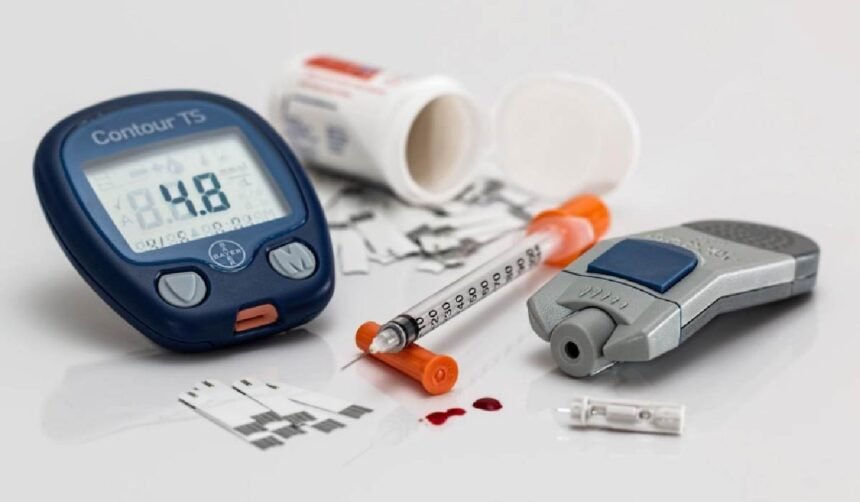As people grow older, their bodies change, and so do their health needs. One of the most important areas to watch is how the body handles sugar. Did you know that seniors are more likely to develop type 2 diabetes or have trouble managing it?
Proper care is key to keeping older adults healthy and safe. In this blog, we will explain the basics of glucose and insulin management, the risks involved, and how to support seniors with diabetes.
Understanding Glucose and Insulin in Aging Bodies
As people age, their bodies become less sensitive to insulin, a hormone that helps control blood sugar. This change can cause glucose levels to rise, even with a healthy diet. Over time, high blood sugar can lead to serious problems like heart disease or kidney trouble.
Some seniors may also have weaker appetites or changes in their eating habits. These shifts can affect how their body uses insulin. Understanding how aging impacts sugar and insulin helps caregivers and seniors make better health choices each day.
Common Risks for Elderly People with Diabetes
Seniors with diabetes face unique risks. One major danger is low blood sugar, also called hypoglycemia.
It can cause dizziness, confusion, or even fainting. Some older adults may not feel the warning signs, which makes it more dangerous.
Other risks include poor vision, nerve pain, and slow healing of wounds. These issues can lower the quality of life if not managed properly. Regular doctor visits and careful monitoring can help reduce these risks and keep seniors safe.
Daily Habits That Support Blood Sugar Control
Good habits make a big difference. Eating small, balanced meals throughout the day can help keep sugar levels steady. Foods rich in fiber, like fruits, vegetables, and whole grains, are especially helpful.
Staying active also supports better insulin use. Even simple activities like walking or stretching can help.
Managing blood sugar in seniors becomes easier when paired with a healthy routine. Regular sleep and low stress also play an important role in daily care.
Medication and Insulin Use for Seniors
Some seniors need pills or insulin shots to manage their diabetes. These medicines must be taken at the right time each day. Caregivers or family members should help track schedules and watch for side effects like shakiness or tiredness.
It’s important to review medications with a doctor regularly. Aging can change how the body processes medicine. By adjusting doses carefully, seniors can stay safer and feel more comfortable while controlling their blood sugar.
Safety Tips for Easier Diabetes Care
Simple steps can make care safer and more effective. Always store insulin and other supplies properly.
Use alarms or notes to remind seniors when to eat or take medicine. Keep healthy snacks nearby in case blood sugar drops suddenly.
Using easy-to-read labels and large print helps seniors who have trouble seeing. A safe home setup also reduces falls or accidents during low blood sugar episodes.
Start The Right Glucose and Insulin Management for You or Your Elderly Loved One Now
Caring for seniors with diabetes takes patience, planning, and understanding. Aging bodies need special attention, especially when it comes to sugar and insulin levels. By knowing the risks, building strong habits, and creating a safe care plan, seniors can enjoy healthier and more stable lives.
Families and caregivers also play a big part in keeping things on track. Managing diabetes in the elderly doesn’t have to be overwhelming. With the right steps, it can be simple, effective, and safe for everyone involved.








